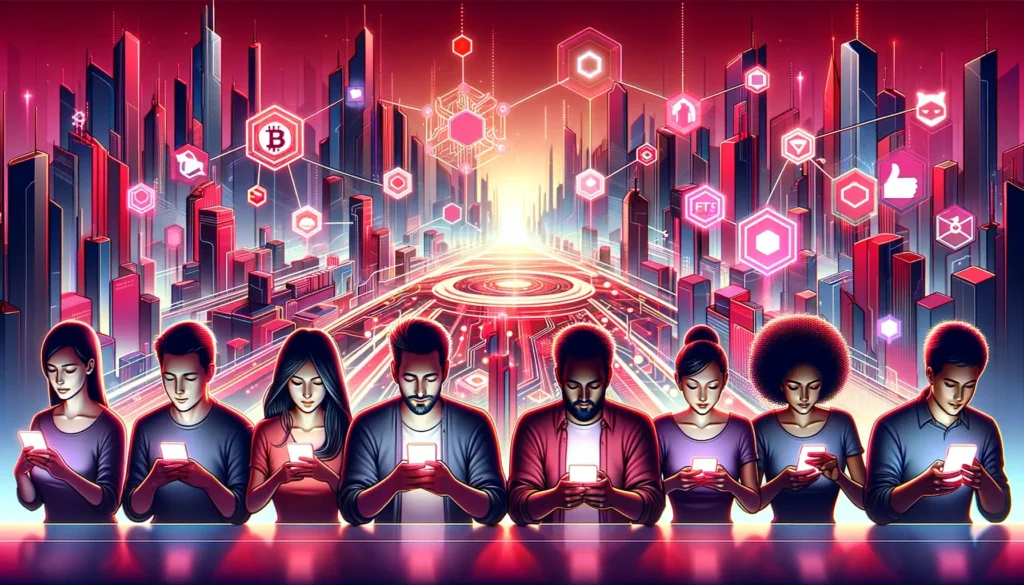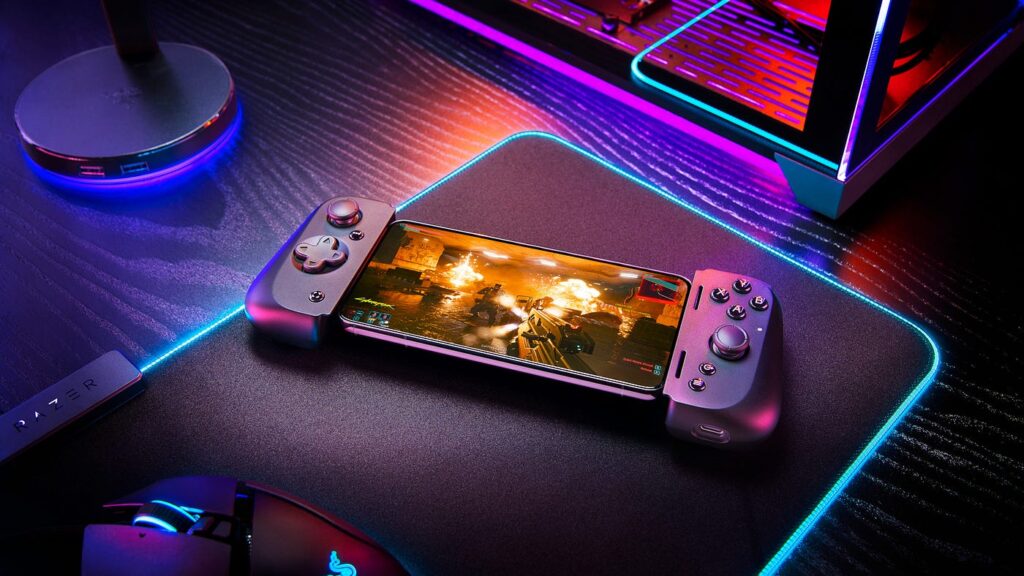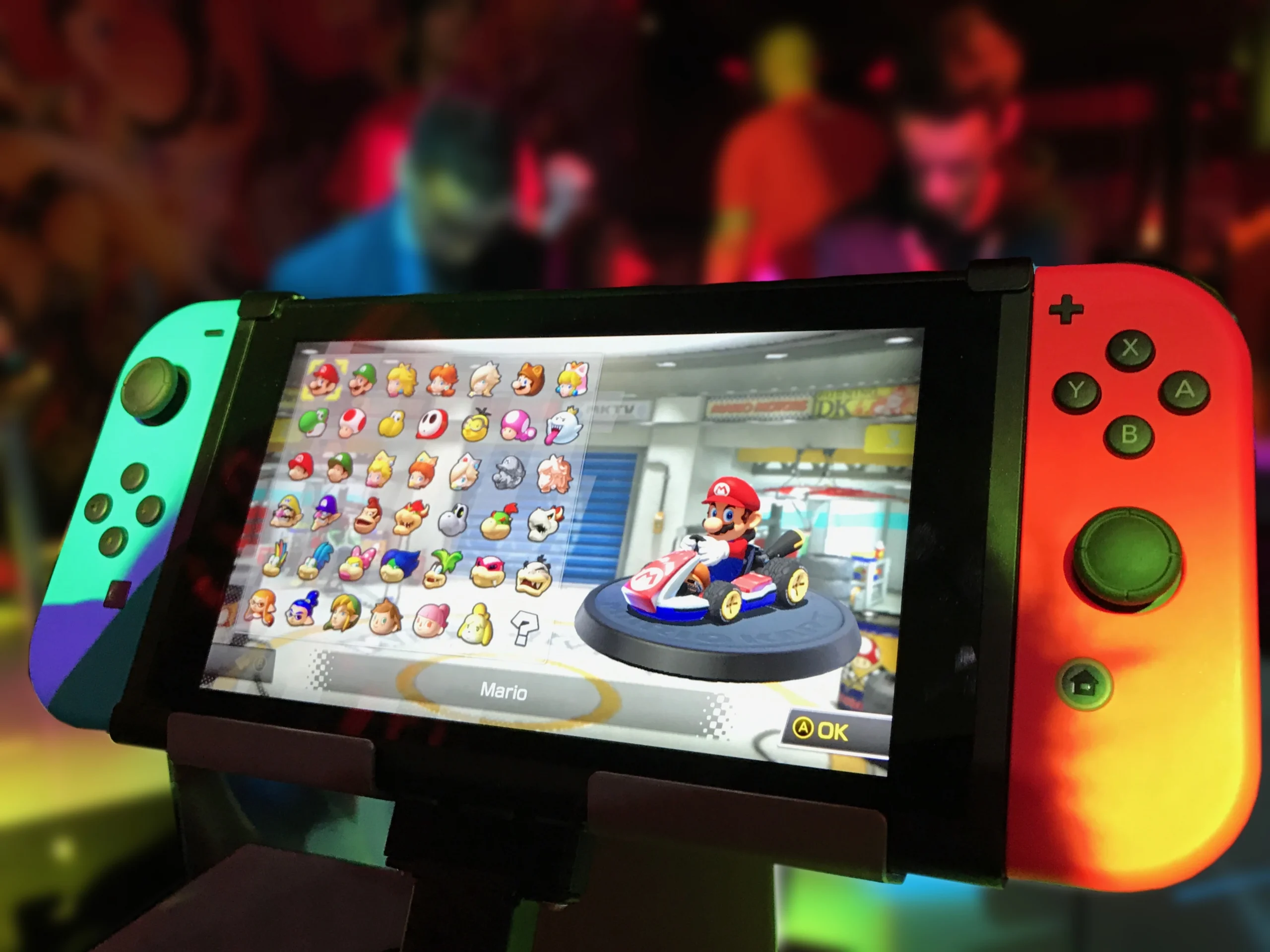The landscape of gaming is undergoing a significant transformation as mobile gaming, once viewed as a casual and less serious form of entertainment, is increasingly being integrated into mainstream gaming culture. This shift is not just altering how games are played but is also influencing broader cultural perceptions and enhancing accessibility for diverse audiences.

From Casual to Core: Changing Perceptions of Mobile Gaming
Historically, mobile gaming has been seen as a more casual experience, often associated with short, simple games designed for quick play sessions. However, the rapid technological advancements in smartphones and the development of complex, high-quality mobile games have begun to challenge this stereotype. Titles like Genshin Impact and Fortnite, which offer expansive worlds and cross-platform play, are proving that mobile games can deliver experiences on par with traditional console and PC titles.

According to a Wired article, the growth of mobile gaming has blurred the lines between casual and core gaming. The accessibility of mobile devices allows a broader audience to engage with games, fostering a more inclusive gaming culture. This inclusivity is also changing the demographics of gamers, bringing in more women, older adults, and people from diverse backgrounds who might not have engaged with traditional gaming platforms.
Enhancing Accessibility and Inclusivity
One of the most significant impacts of mobile gaming’s rise is the increased accessibility it offers. Mobile games are often free-to-play, making them more accessible to people who may not have the financial means to purchase expensive consoles or gaming PCs. Furthermore, the portability of mobile devices allows gamers to play anytime and anywhere, removing the barriers associated with fixed-location gaming.
As reported by various industry experts, this accessibility has led to a surge in mobile gaming popularity, particularly in regions with lower average incomes. In countries like India and Brazil, mobile gaming is the primary mode of gaming for many people. The affordability and convenience of mobile gaming have democratized access to gaming, contributing to its mainstream acceptance.

The Future of Mobile Gaming in the Mainstream
Looking ahead, the integration of mobile gaming into the broader gaming ecosystem is expected to continue. As developers focus on creating high-quality, cross-platform experiences, the distinctions between mobile, console, and PC gaming will become increasingly blurred. This convergence is likely to lead to more inclusive and diverse gaming communities, where players from all walks of life can connect and engage with one another.

However, this shift also poses challenges, particularly in terms of content regulation and data privacy. As mobile games expand their reach, developers and regulators will need to address these issues to ensure that the gaming environment remains safe and inclusive for all players.
In conclusion, the rise of mobile gaming is reshaping the gaming industry and culture, bringing new opportunities and challenges. As mobile games continue to evolve and gain acceptance as a core part of the gaming experience, they will play a crucial role in shaping the future of gaming for years to come.
For more insights on this topic, check out the full discussion on Wired.






2 Comments